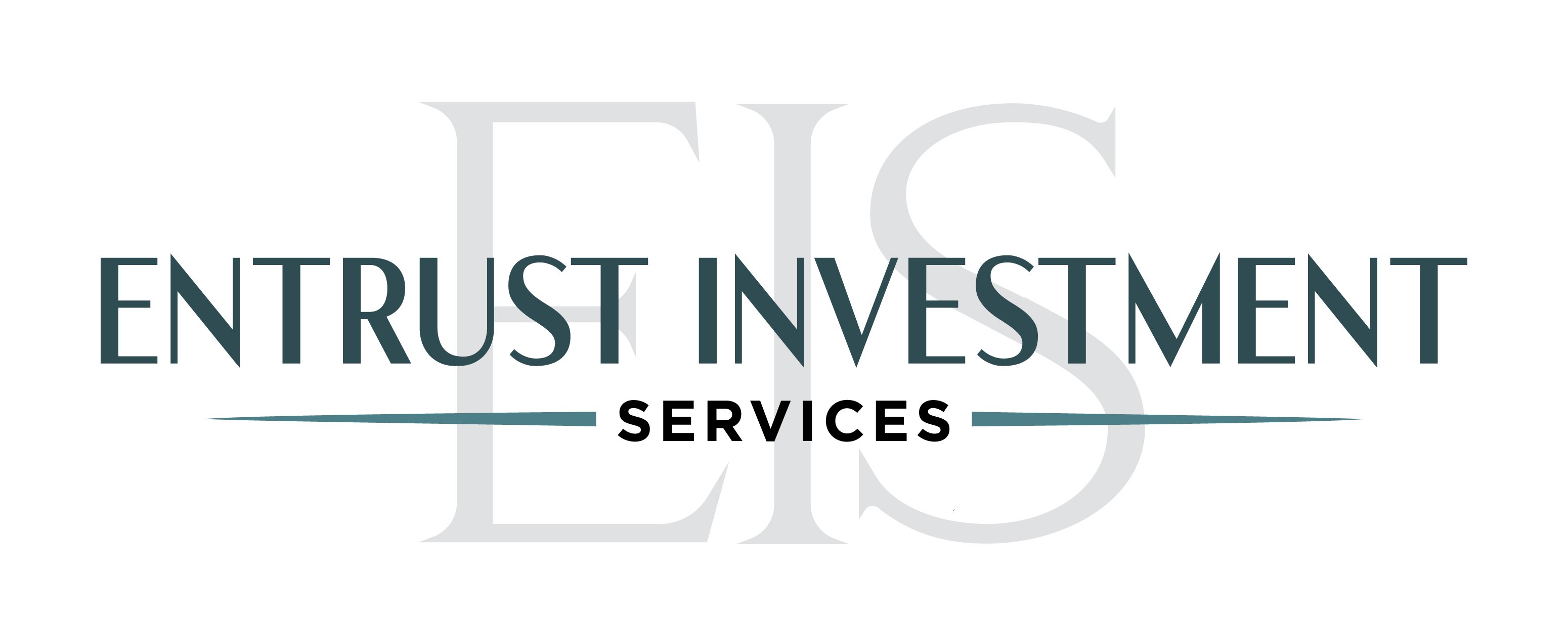Investing can be likened to planting seeds today in the hope they bear fruit in the future. At the heart of this metaphor is cash flow, the lifeblood of any investment portfolio. This article dives deep into Investment Portfolio Cash Flow, highlighting its significance, management tactics, and advanced strategies to enhance returns and mitigate risks.
1. What is Investment Portfolio Cash Flow?
Investment Portfolio Cash Flow pertains to the inflow and outflow of money from an investment portfolio. This can span from dividends, interest income, and rental yields to capital gains. Conversely, outflows might encompass investment purchases, management fees, or even withdrawal of funds.
2. Why is Cash Flow Important?
- Predictability: Consistent and predictable cash flows, especially during uncertain market conditions, bring solace to investors. For retirees, it's an essential tool for budgeting and lifestyle planning.
- Reinvestment Opportunities: Cash flow can be redirected into investments, capitalizing on market opportunities and the magic of compound returns.
- Liquidity: A positive cash flow ensures that one can address unforeseen expenses without liquidating assets during unfavorable market times.
3. Components of Portfolio Cash Flow
- Dividends and Interest: Regular incomes often come from stocks and bonds in the form of dividends and interest.
- Capital Gains: Arising when assets are sold for more than their purchase price, these gains can be substantial, but unpredictable.
- Rental Income: Real estate investments may yield consistent rental incomes.
- Fees and Costs: These deductions, including broker fees, management fees, and taxes, directly impact the net cash flow.
4. Advanced Trading Strategies
Selling Covered Call Options on Currently Held Stocks:
- Concept: By selling a call option on a stock you already own, you can earn a premium. Essentially, you're offering someone the right to purchase your stock at a set price within a specified period.
- Advantages: Immediate income from the premium and a minor cushion against stock price declines.
- Risks: There's a cap on potential profit if the stock's price shoots up, and losses can be significant if the stock's price plummets.
Trading Cash-Covered Puts:
- Concept: By selling a put option, you commit to buying the stock at a set price if the option is exercised, earning a premium in the process.
- Advantages: Potential to buy stock at a discount and earning from premiums if the stock price remains favorable.
- Risks: The obligation to buy even if the stock's price crashes and missing out on potential profits if the stock price rises.
5. Managing Portfolio Cash Flow and Advanced Strategies
- Diversification: Spreading investments across assets can achieve a balance of steady income and capital appreciation.
- Rebalancing: Periodic adjustments ensure that the portfolio remains in line with desired asset allocations.
- Tax Planning: Enhancing post-tax cash flow involves understanding and planning for tax implications.
6. Cash Flow Analysis
- Forecasting: Estimating future cash flows aids in meticulous planning.
- Reviewing Past Trends: Insights can be gleaned by observing stability and reliability of previous cash flow sources.
- Stress Testing: Gauging resilience involves simulating different economic and market conditions.
7. Incorporating Cash Flow into Investment Decisions
- Income vs. Growth: A balance between stocks with dividends or bonds and growth assets is crucial.
- Retirement Planning: A focus shift towards cash flow generation is essential as retirement nears.
8. Challenges and Considerations
- Market Volatility: Economic downturns can diminish dividends or rental incomes.
- Interest Rate Changes: Bond yields can be influenced by fluctuating interest rates.
- Inflation: Cash flow's real value can be eroded by rising prices.
In conclusion, understanding and adeptly managing Investment Portfolio Cash Flow, coupled with advanced strategies, is pivotal for financial success. Whether it's ensuring consistent retirement income or capitalizing on market opportunities, cash flow remains an integral facet of the investment realm.




